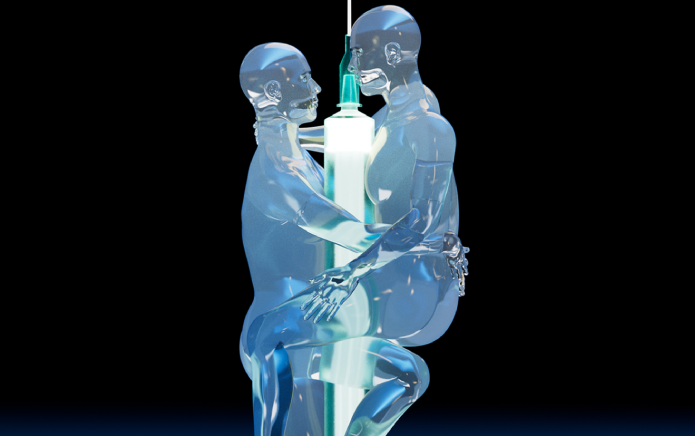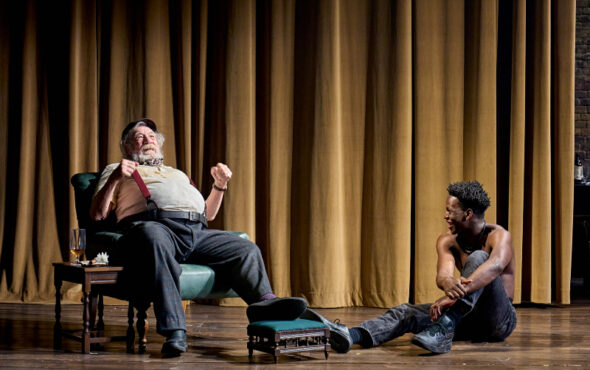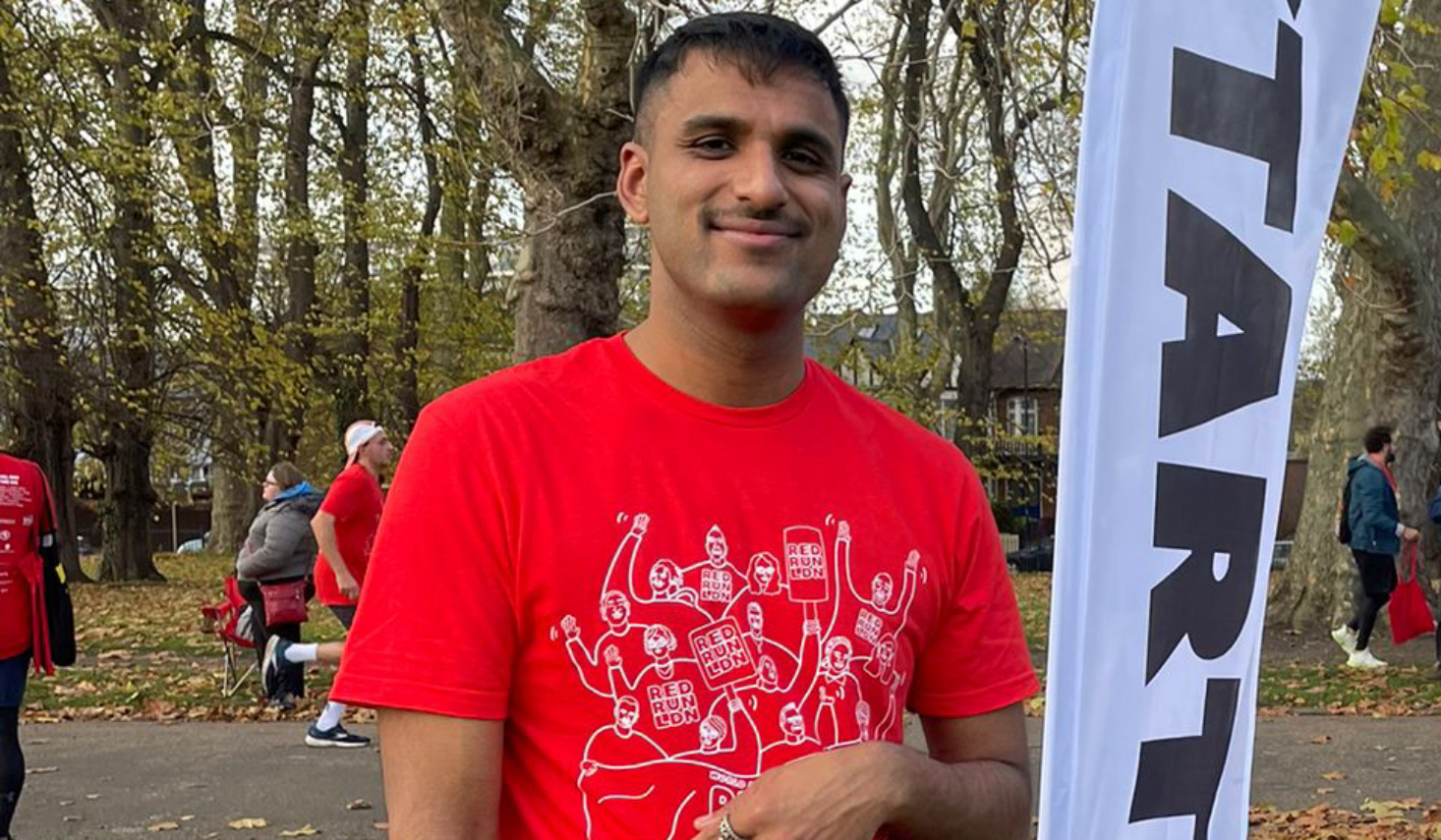
My HIV diagnosis came after a really bad seroconversion, which is when the virus starts rapidly multiplying in the body after the initial exposure. I felt really ill one day after a night out and then, after a couple of days, it got so bad that I had to go to hospital. I had no idea what it was – at one point they thought it might be a brain tumour.
I had loss of kidney function, liver function. I was starting to breakdown – it was like my body was giving up on me. It started as what I thought was really bad food poisoning. But it just got worse and worse.
I eventually got better when the doctor, after a few days in hospital, decided to give me some white blood cells. That had a huge impact.
They were doing lots of blood tests while I was in hospital, including a HIV test on the first day. But I wasn’t ever given that diagnosis in hospital. It was only when I went to see my GP weeks later – when I thought I might be diagnosed with glandular fever – that he told me I was HIV positive. I was 21.
But the diagnosis only came (finally) after the doctor had asked me intrusive questions about my sex life. If I had taken any risks, the number of partners I’d had. He said my test had come back positive and I would get a letter within a month from my local HIV service.
I felt like he had never diagnosed someone with HIV before, which was most probably the case. But he didn’t know the information and made it more of a scary situation than it should’ve been. He spoke about it being a more “manageable disease” than it used to be, but also said I would have a shorter lifespan – which isn’t right. My whole experience in hospital and now at the GP was dehumanising without any compassion or care.
I was absolutely shocked. The only thing I can really remember thinking was “I can’t wait a whole month to talk to someone”.
I was living with my parents at the time which was a lot to deal with. The first thing I did was contact Terrence Higgins Trust’s helpline. The advisor was able to tell me everything I needed to know about HIV, including reassuring me that it’s a manageable long term condition, and helped me to book an appointment in London in three days’ time. From then on the care I received was brilliant.
What’s so frustrating is that I tried to access PrEP the year before my diagnosis, but at the time it was through the trial in England which had limited places and I didn’t get on. I looked into buying it for myself, but I was 20 at the time and couldn’t afford it.
What’s even more infuriating is I’m pretty certain I contracted HIV while abroad on holiday. So I couldn’t access PEP as that window had closed by the time I got home – and I didn’t know where or how to do it in another country.
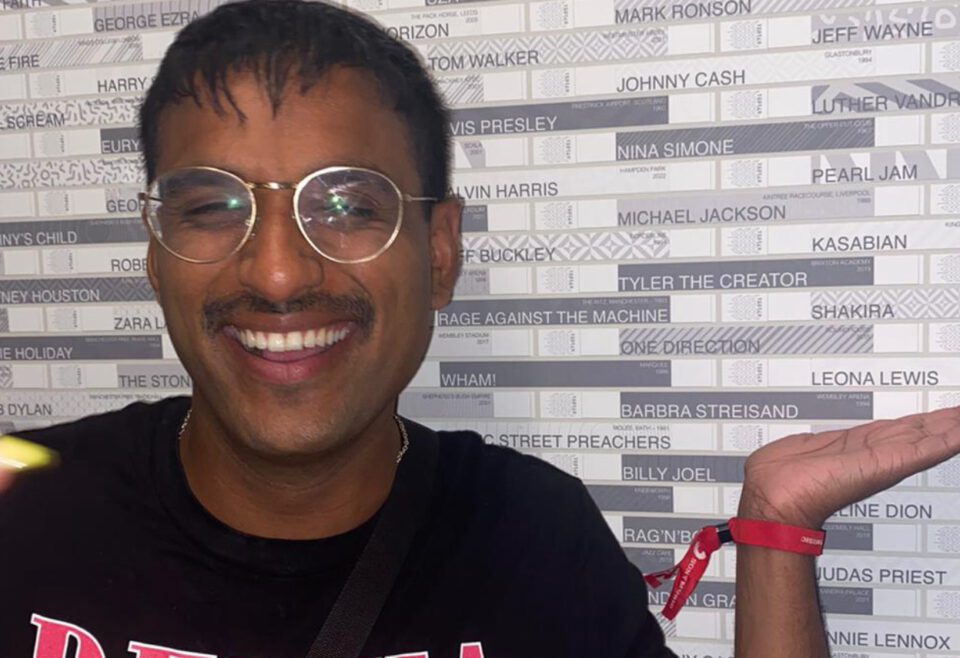
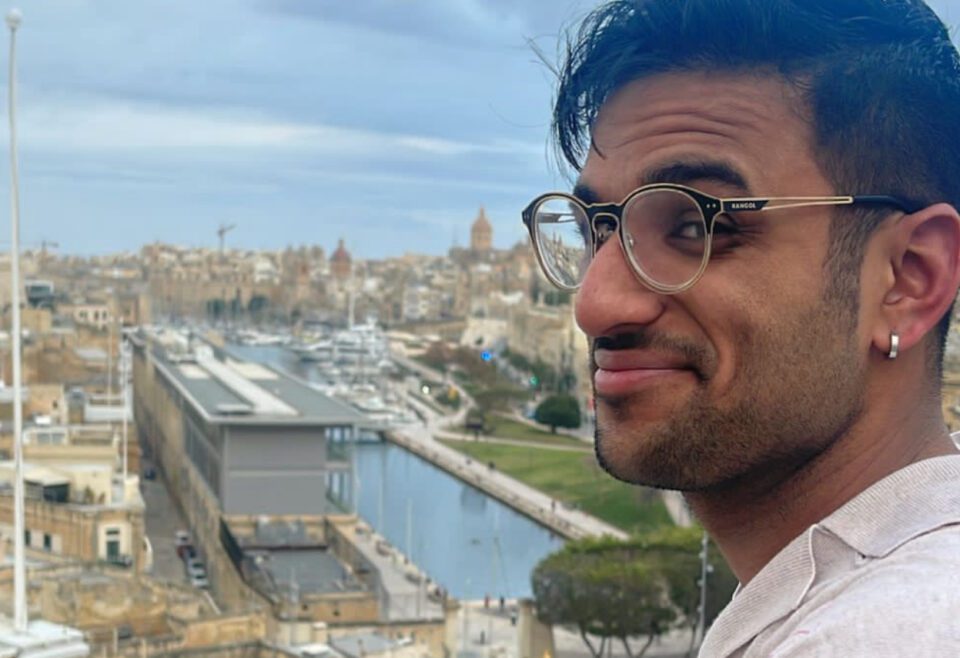
The first person I spoke to was my mum on the day I was diagnosed, when she got back from work. She is very luckily a doctor so she understood a bit more than most mums. She was relieved I didn’t have a brain tumour and that it was a manageable condition. She was upset, but relieved.
It took me a bit longer to tell my dad, but I did. He was upset but I’ve been very lucky that they’ve been so supportive. Coming from a South Asian background, I was worried, as the stigma against HIV can be higher. But they’ve been great.
Despite being a doctor, there was a knowledge gap for my mum because she’s a paediatrician. She specialises in diabetes, so the first thing I was told at my HIV clinic was it’s easier to manage than diabetes. That reference really helped them both.
I was quite taken aback when I started dating again. Now I’m in a very happy relationship with my partner, but there were definitely a lot of people that were scared off by my HIV. Whether it was through being openly ignorant, or just being slightly doubtful and thinking ‘better not risk it’. The other side of that is people who are overly trying to make you know they’re comfortable with it – that can get a bit condescending.
I’ve been undetectable ever since I started taking meds and can’t pass HIV on. With my boyfriend, we met through Hinge and my HIV status wasn’t really a thing. He’s not living with HIV. He takes PrEP, but that’s more for my peace of mind than for him. It’s just my paranoia as I know I can’t pass it on.
Today I can honestly say I’m very happy and healthy. It was recently my 25th birthday and I marked it by doing the Red Run for Terrence Higgins Trust to say thank you for the help they gave me, which felt like a really important moment in my journey. It’s also a way to say to everyone that I’m not ill or fragile.
As I was told the day I was diagnosed by the advisor on the phone, there’s been so much progress in the fight against HIV. I will live a long, healthy life with HIV. He even said I will probably live even longer than someone without HIV as I’m checked more often than most.
But the stigma – in healthcare and on dating apps – remains a big issue. It ultimately means that people like me feel unnecessarily bad about ourselves, while it also stops other people from getting tested.
To mark World AIDS Day, Terrence Higgins Trust has surveyed people living with HIV and found that 74% of us have experienced stigma or discrimination because of our HIV status. With a third experiencing discrimination from friends or family, as well as issues in the workplace.
That’s horrible to hear, but not surprising. It’s also why I’m sharing my story to raise awareness of HIV – and all the progress – and why I’m completely open about it. I understand many people don’t feel able or safe enough to do that, but I can be and so I am.
For more information about HIV and support available, visit Terrence Higgins Trust’s website here or contact THT Direct on 0808 802 1221.
